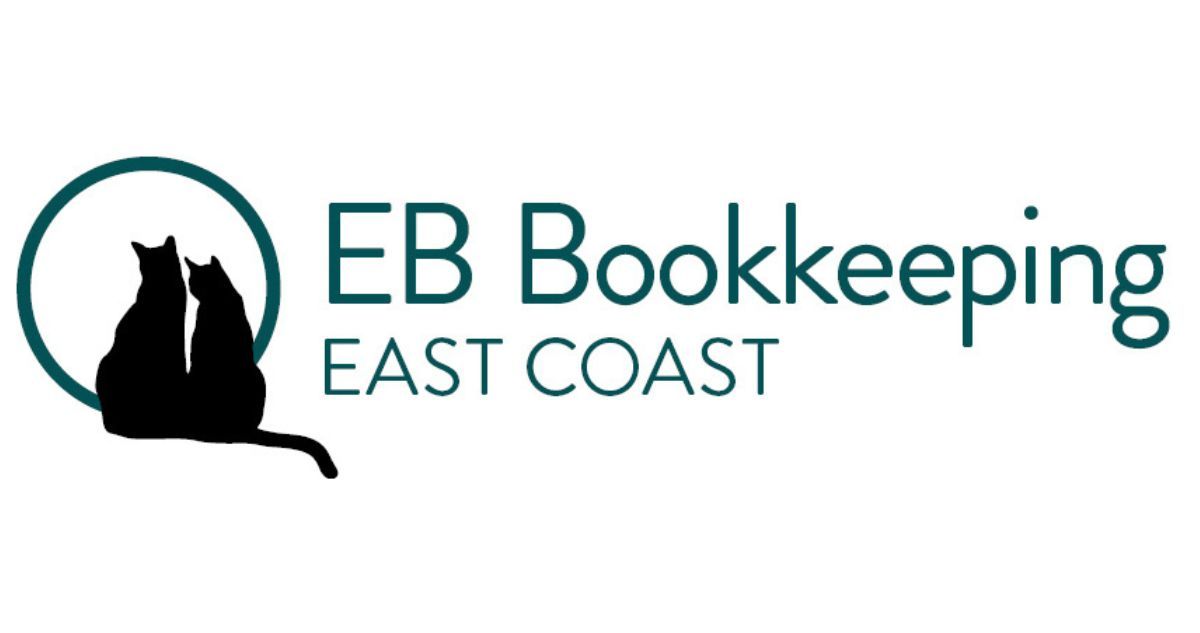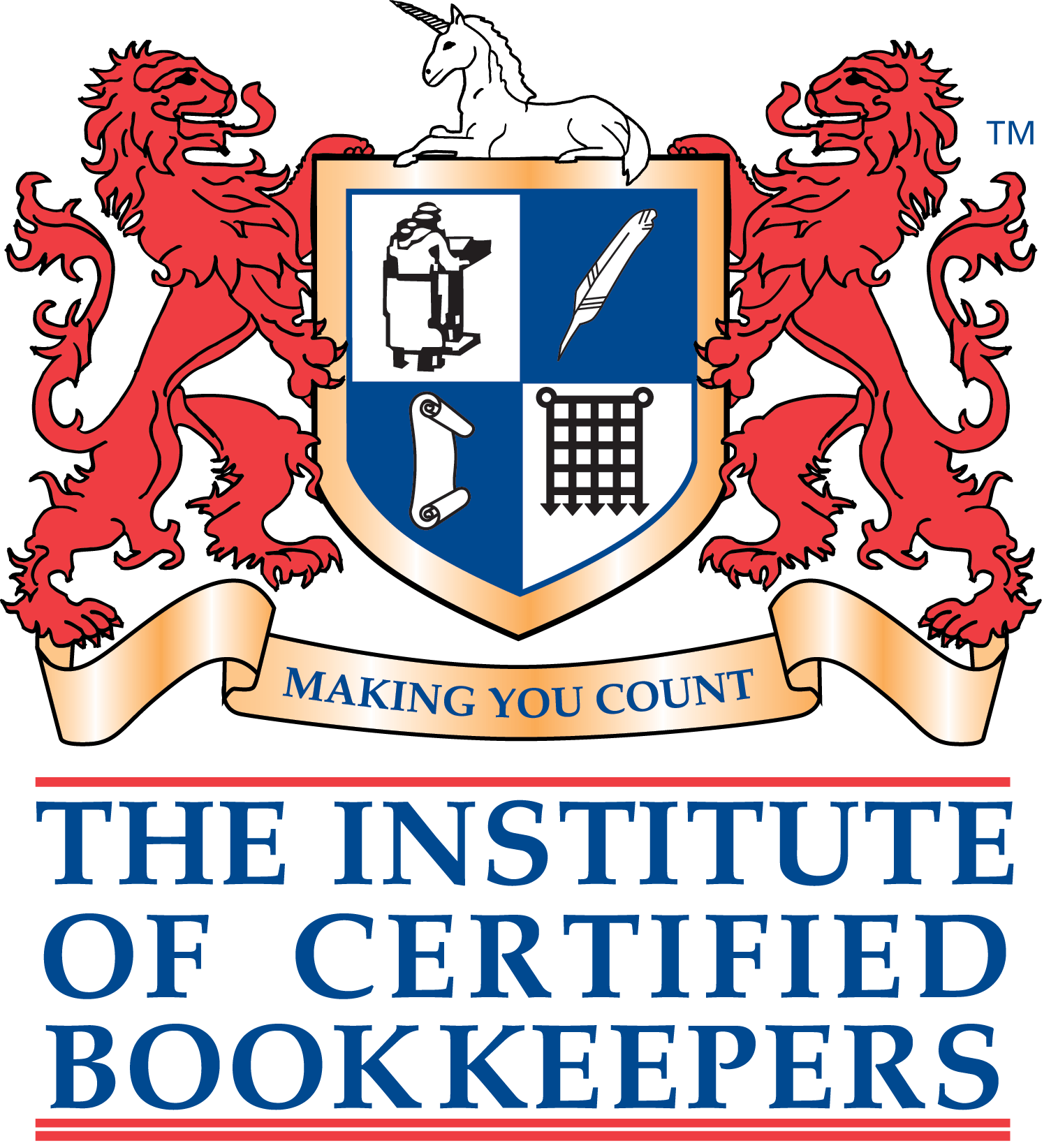Time to Clean Up Your Books: Organising Your Finances for Growth
Best practices for overdue reconciliations and tax readiness

Staying on top of your finances can be daunting when you’re juggling daily operations, staff management, and personal commitments. However, diligent bookkeeping is vital if you want to reduce stress, reclaim precious time, and achieve genuine business growth. This blog explores best practices for a thorough clean-up—covering overdue reconciliations, proper expense tracking, and tax readiness. We’ll also introduce how
EB Bookkeeping East Coast can help you stay organised so you can focus on doing what you love.
Why a Bookkeeping Clean-Up Matters
Accurate, up-to-date bookkeeping underpins your business success. Clean records:
- Promote Better Decision-Making: When your accounts are disorganised, you risk making decisions based on guesswork rather than solid data. Whether it’s identifying profitable products or pinpointing overspending, well-maintained books help you plan effectively.
- Provide Peace of Mind: Late lodgements or missed tax deductions can lead to penalties and added pressure. Good bookkeeping reduces these risks so you can sleep easier, knowing your finances are in order.
- Save Time and Money: Frequent, smaller maintenance sessions are more efficient and less costly than an annual scramble. By staying on top of tasks, you’ll also identify opportunities to save on tax and expenses.
- Support Professional Credibility: Lenders and investors often request financial statements before extending credit or funding. Clear, error-free records show you’re managing your business responsibly.
Signs You Need a Clean-Up
Wondering whether your accounts need attention? Look out for these warning signals:
- You haven’t reconciled bank statements in months
- You regularly discover overdue invoices or missing receipts
- Your expenses remain categorised as “Miscellaneous” long after transactions occur
- You dread BAS or tax deadlines because your data might be incomplete
If any of these apply, it’s probably time to roll up your sleeves—or consider professional help.
Step-by-Step: Tackling Overdue Reconciliations
- Gather All Documents: Collect bank statements, credit card records, receipts, and invoice details. Using cloud-based solutions like Xero or QuickBooks can streamline the process by linking directly to your bank feeds.
- Start with the Most Recent: Begin reconciling your latest statements so your immediate data is correct. Work backwards until all transactions match your records.
- Automate Where Possible: Modern accounting software can auto-categorise repeat transactions or match them against invoices. Harness this functionality for efficiency, but review the results for accuracy.
- Flag Discrepancies: Whenever you spot an oddity—such as a charge you don’t recognise or a duplicate entry—investigate promptly. These small fixes prevent bigger headaches down the line.
- Schedule Ongoing Maintenance: Once everything is up to date, dedicate a consistent slot (weekly or monthly) to keep it that way. A regular check ensures you’ll never face huge catch-up sessions again.
Being Tax-Ready All Year
Tax shouldn’t catch you off guard. Consider these measures:
- Register for GST if Needed: If your annual turnover is over £40,000 in the UK or A$75,000 in Australia, registration is essential. Failing to register in time can lead to backdated liabilities.
- Understand BAS Obligations: In Australia, quarterly (or sometimes monthly) BAS lodgements cover GST, PAYG withholding, and other tax details. Missing a due date could attract penalties.
- Maintain Expense Records: Keep track of every legitimate deduction, from travel to office supplies. Document these thoroughly to claim back what you’re entitled to.
- Meet Payroll Requirements: Paying employees involves timely superannuation contributions and clear reporting. If you’re handling this yourself, ensure you understand the rules for single-touch payroll and pay rates.
- Separate Personal and Business Finances: Blurring the lines between personal and business spending risks confusion and missed claims. A dedicated business account also looks more professional to lenders.
Tools and Checklists
One of the best ways to stay organised is to use a checklist.
Email us today to get our FREE Bookkeeping Clean-Up Checklist that includes:
- Record Collection: Bank statements, invoices, receipts
- Software Review: Ensuring Xero, QuickBooks, or similar is up to date
- Expense Categorisation: Checking transactions for accuracy
- Bank Reconciliation: Matching statements each month
- BAS Preparation: Logging GST details, verifying payroll data
- Tax Deadlines: Noting lodgement dates on a calendar
- Data Backups: Storing essential documents securely, on or off the cloud
Maintaining Momentum: Beyond the Clean-Up
Organised books aren’t a one-time event. Here are tips to prevent slipping back into chaos:
- Weekly Check-Ins: Allocate a short block of time each week to scan bank feeds, approve invoices, and follow up on overdue debts. Regular attention stops small issues from escalating.
- Automate Incoming Data: Set bank rules so your software recognises recurring expenses (e.g., utilities) and sorts them automatically. Fewer manual tasks mean fewer errors.
- Train Your Staff: If employees handle expenses or invoicing, make sure they follow consistent naming conventions and protocols. The more they know, the smoother your accounts will run.
- Look Ahead to Key Dates: Mark BAS, GST, and tax deadlines in your diary, and set reminders. Planning prevents last-minute panics.
When to Bring in a Professional
While some entrepreneurs manage their books solo, many find that investing in a skilled bookkeeper pays for itself. Here’s how you know it might be time:
- You’re Always Behind: Despite your best efforts, you constantly play catch-up. Hiring a professional frees you to focus on revenue-generating tasks.
- Compliance Concerns: Mistakes with BAS lodgements or superannuation can be costly. A registered BAS agent like EB Bookkeeping East Coast ensures everything’s filed on time, every time.
- Rapid Growth: As you add products, locations, or staff, your finances get more complex. Professional oversight saves you from mismatched accounts and missed obligations.
- Lack of Confidence: If you find yourself second-guessing every category or feeling anxious at tax time, a bookkeeping expert can provide reassurance and clarity.
Supporting Australian Small Businesses
Based in Traralgon, Victoria, EB Bookkeeping East Coast offers stress-free, cost-effective solutions. Whether you’re a sole trader or a growing enterprise, our registered BAS agents can handle as much—or as little—of your day-to-day accounts as you’d like.
- Flexible Services: From monthly reconciliations to full payroll management, you choose what suits you best. We tailor our approach so you never pay for more than you need.
- Personalised Training: Prefer to keep your bookkeeping in-house? We’ll train you or your team to use Xero, QuickBooks, or other software effectively.
- Industry Expertise: With over 30 years’ experience, we understand the unique challenges faced by Australian small businesses, particularly across the Gippsland region and beyond.
Book Your FREE 30-Minute Discovery Call
Ready to take the guesswork out of bookkeeping? Call us on 0412 776 932 or CLICK HERE to schedule a free, no-obligation call. We’ll discuss your current situation, identify any quick wins, and see if our services suit your business needs. This is your chance to clarify burning questions—from overdue reconciliations to payroll obligations—without any pressure.
Why It Pays to Stay Organised
Still unsure if a clean-up is worth it? Here are some final benefits:
- Faster Growth: Accurate insights let you invest intelligently, whether it’s a new product line or a marketing campaign.
- Stronger Cash Flow: Efficient invoicing and expense tracking keep money flowing in smoothly. You’ll also have the funds to deal with obligations on time.
- Fewer Penalties: Prompt lodgements and error-free data reduce the risk of late fees from the ATO, saving you money.
- Better Work–Life Balance: Freeing yourself from financial admin gives you more time for your customers, staff, or family.
Wrapping Up
Cleaning up your books is an investment that pays dividends in reduced stress, greater control, and smoother growth. By setting up straightforward systems, leveraging handy checklists, and engaging professional support where needed, you’ll transform your finances from a messy chore into a strategic advantage.
Ready to get started? Contact EB Bookkeeping East Coast on 0412 776 932 or CLICK HERE to book your FREE discovery call today. We look forward to helping you gain the clarity, confidence, and calm you deserve in your business journey.











